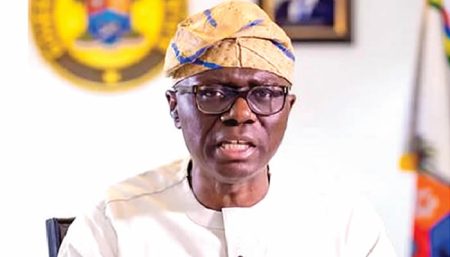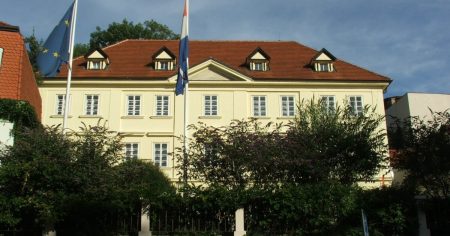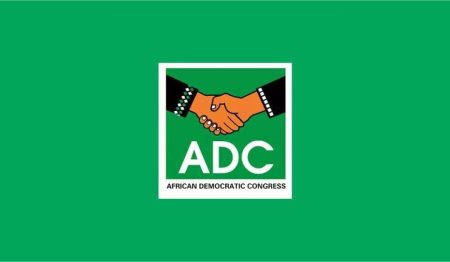The Nigerian Oil and Gas Industry Content Development (NOGICD) Act of 2010 has emerged as a transformative force in Nigeria’s industrial landscape, particularly within the cable manufacturing sector. This legislation, designed to bolster indigenous participation, skill development, and value addition within the lucrative oil and gas industry, has provided a crucial springboard for local cable manufacturers to compete and thrive. Bukola Adubi, Chief Executive Officer of MicCom Cables and Wires Ltd and President of the Cable Manufacturers Association of Nigeria (CAMAN), has been a vocal proponent of the Act and its positive impact on the industry. She emphasizes that the NOGICD Act has been “pivotal” in the growth of the cable and wire sector, enabling companies like MicCom Cables to expand their operations, increase their visibility across key markets, and solidify their position within the Nigerian economy.
The success story of MicCom Cables, Nigeria’s first indigenous cable manufacturing company established in 1978, serves as a compelling example of the transformative power of the NOGICD Act. Adubi’s leadership, coupled with the company’s commitment to quality, reflected in its triple ISO certifications, has positioned MicCom Cables as a leader in the industry. The company’s renewed focus on the domestic market aligns perfectly with Nigeria’s broader economic strategy of promoting local manufacturing, reducing reliance on imports, and cultivating globally competitive industrial brands. This strategic alignment underscores the synergistic relationship between government policy and private sector initiative in driving economic growth and development within Nigeria.
The impact of the NOGICD Act extends beyond merely fostering local participation; it has also been instrumental in driving innovation and enhancing quality standards within the cable manufacturing sector. Adubi highlights the importance of maintaining brand integrity and adhering to high production standards, emphasizing that “all we truly have—beyond infrastructure—is our name, our equity, and our association with excellence.” This commitment to quality is essential not only for building trust with consumers and securing market share but also for positioning Nigerian-made cables as credible alternatives to imported products, ultimately strengthening the country’s industrial base and reducing its dependence on foreign goods.
However, despite the significant strides made possible by the NOGICD Act, challenges persist. The fluctuating global price of copper, a critical raw material in cable manufacturing, presents a significant hurdle for local producers. To mitigate these challenges and further strengthen the local manufacturing sector, industry leaders are advocating for additional government support, including tax reliefs and other incentives. These incentives, they argue, are crucial for creating a more conducive business environment, attracting investment, and enabling local companies to compete effectively both domestically and internationally.
Beyond the specific challenges facing the cable manufacturing industry, Adubi and other industry leaders have identified a critical need for further investment in Nigeria’s gas pipeline infrastructure. This infrastructural development is seen as essential for facilitating the transition to cleaner energy sources, particularly Compressed Natural Gas (CNG), for industrial applications. Adubi emphasizes the immense potential of natural gas to fuel industrial growth, but acknowledges that the lack of adequate pipeline infrastructure currently limits the country’s ability to fully leverage this resource. Investing in gas infrastructure would not only benefit industries like cable manufacturing by providing a more affordable and environmentally friendly energy source, but it would also contribute to Nigeria’s broader sustainable development goals.
The successful implementation of the NOGICD Act and its potential to transform Nigeria’s industrial landscape hinges on the collaborative efforts of various stakeholders. International Oil Companies (IOCs) play a crucial role in this ecosystem, and Adubi stresses the importance of these companies recognizing and leveraging the capabilities of Nigerian manufacturers. She argues that local content should translate into tangible performance and enhanced global competitiveness for Nigerian industries. Furthermore, she encourages more CAMAN member companies to obtain the necessary certifications to participate effectively in the oil and gas value chain, thereby maximizing the benefits of the NOGICD Act and contributing to the overall growth and development of the Nigerian economy. This collaborative approach, involving government, local industry, and international partners, is crucial for realizing the full potential of the NOGICD Act and building a robust, sustainable, and globally competitive industrial sector in Nigeria.














